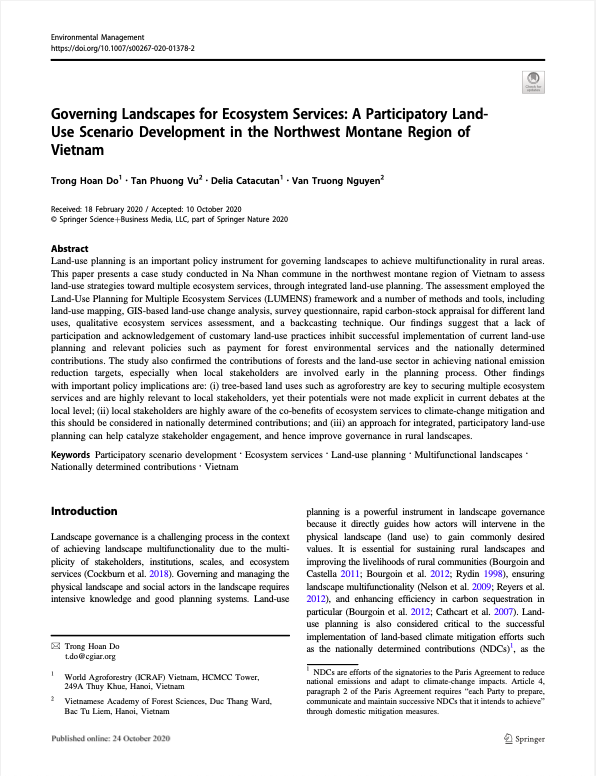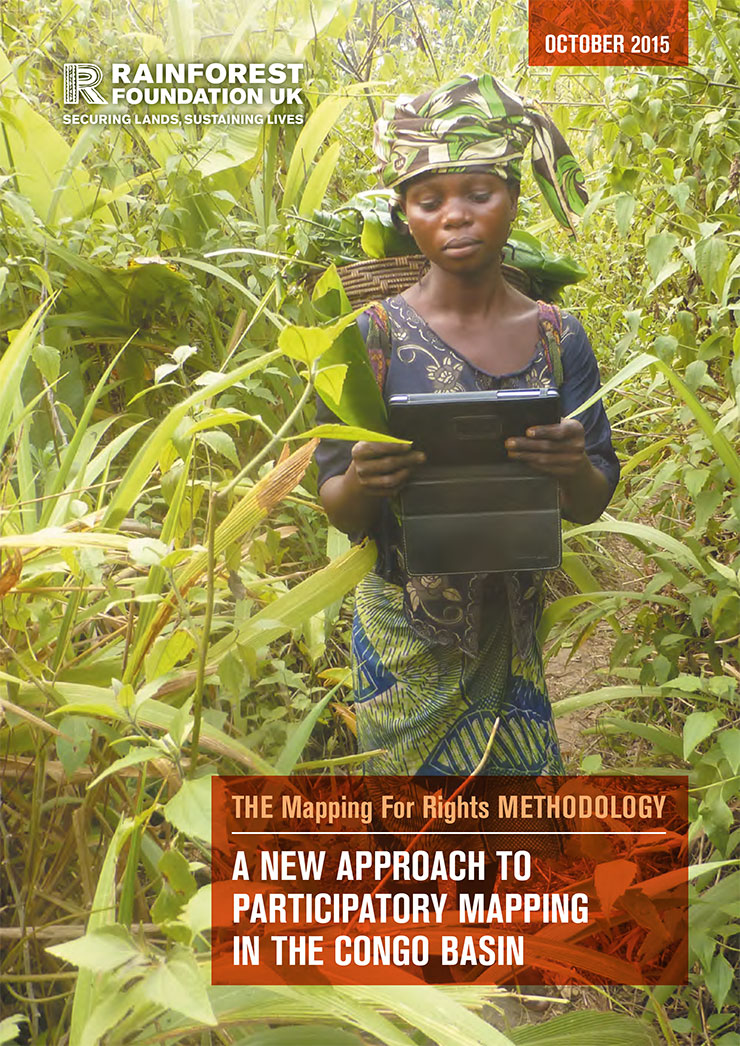Landscape Perception and Public Participation for the Conservation and Valorization of Cultural Landscapes: The Case of the Cinque Terre and Porto Venere UNESCO Site
Europe retains a great variety of cultural landscapes that constitute a significant part of the European cultural heritage. In the last decades, these high-quality landscapes are facing several challenges due to socio-economic transformations that often compromise their integrity. This situation is even worse for terraced landscapes, as in the case of the Porto Venere and Cinque Terre UNESCO World Heritage List site.






